In our rapidly changing world, literacy should be seen as an important evolutionary variable in every society. For the further a society progresses, the more it needs to adjust and adapt to new demands and pressures, so that literacy is lifelong necessity for all. Literacy, in the broad sense, is the foundation for life skills, ranging from basic oral and written communication to the ability to solve scientific and social problems. Today it involves much more than the acquisition of 3 Rs. and a limited set of traditional skills. It is linked with the changing demands of life in a given socio-cultural context. This means that local communities should be fully involved in defining the content of literacy programmes. The local dimension of literacy is extremely important, not only for accommodating the real needs of learners, but also for taking into account the linguistic and cultural realities of multicultural societies. For in the end, only the learners actually decide what they need to learn. Most literacy specialist have accepted this broader, more dynamic and culturally sensitive stance. It marks a long overdue acknowledgement of the positive role that local language and cultures can play in removing some of the serious pedagogical and psychological hurdles often encountered by learners, it is the only way to ensure the relevance and authority of literacy work. Any one can insist here on the importance of multilingual education. Today education is as much about learning to live together as learning to know, to do and to be. Yet we cannot live together if our possibilities of expression are limited to a single linguistic frame. This is often at the root of problems encountered in multicultural societies. Of course, inequality in all its forms is a major factor. But internal conflicts often have purely cultural causes. It is more difficult for people to forge links with each other when they cannot communicate linguistically. Yet children learn languages easily–much more so than the adults who take the decisions. We need to take much greater advantage of this fact. Children are expected to store too much information in their "hard memory"–much of it frankly useless! Giving them language skills provides them with bridges between cultures, enabling them to grow up without the debilitating sense that other cultures are lien. It is our ask to try to ensure that education at all levels, and particularly basis education, promotes multilingualism. And we must invest in such education, since to do so is to invest in peace.
Fresh Water Fisheries
$27.00
$30.00

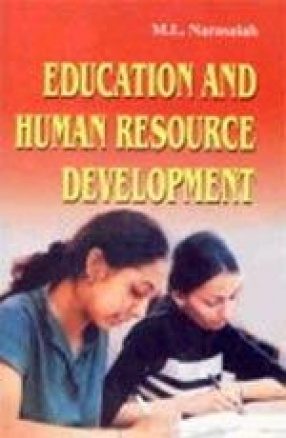

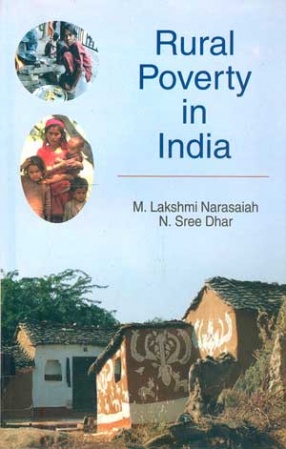
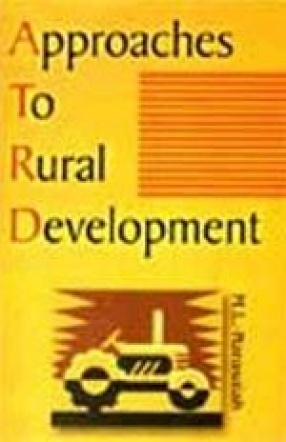
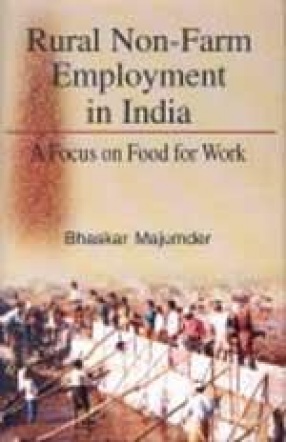
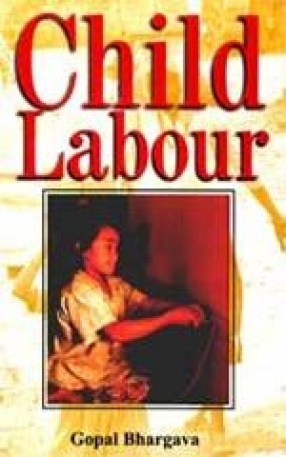

There are no reviews yet.